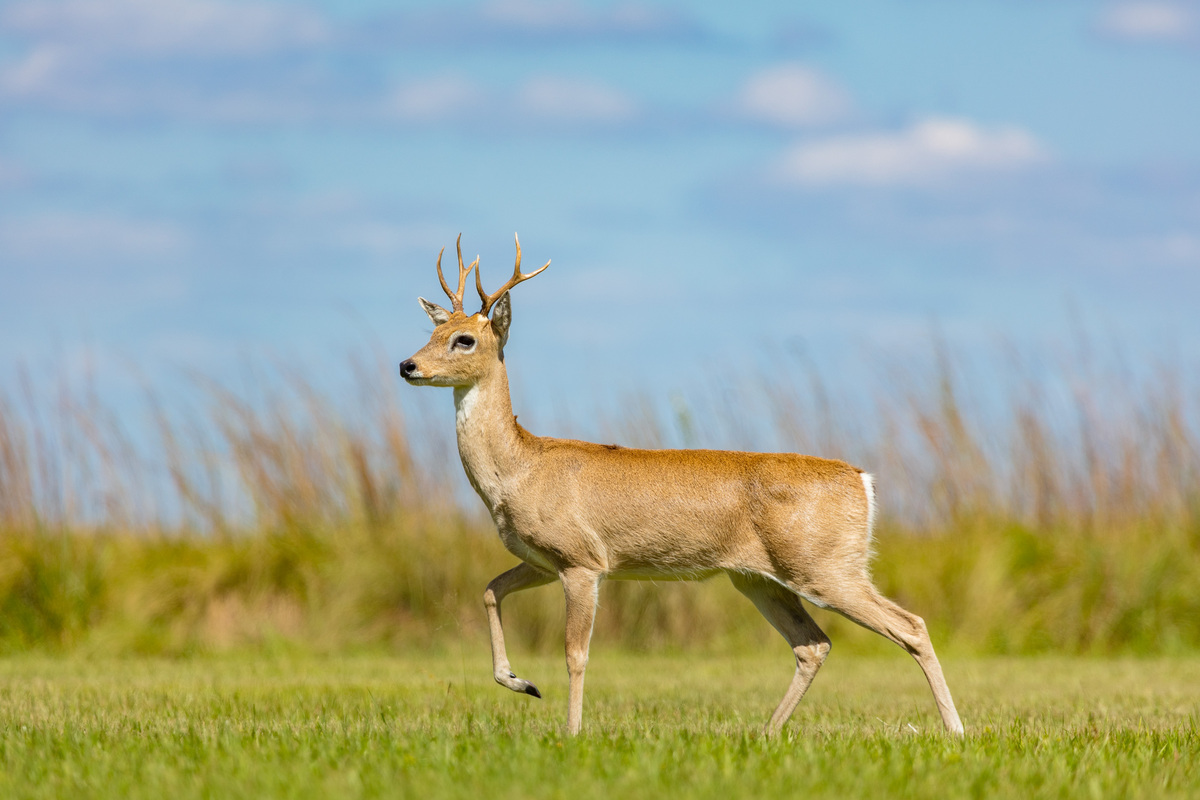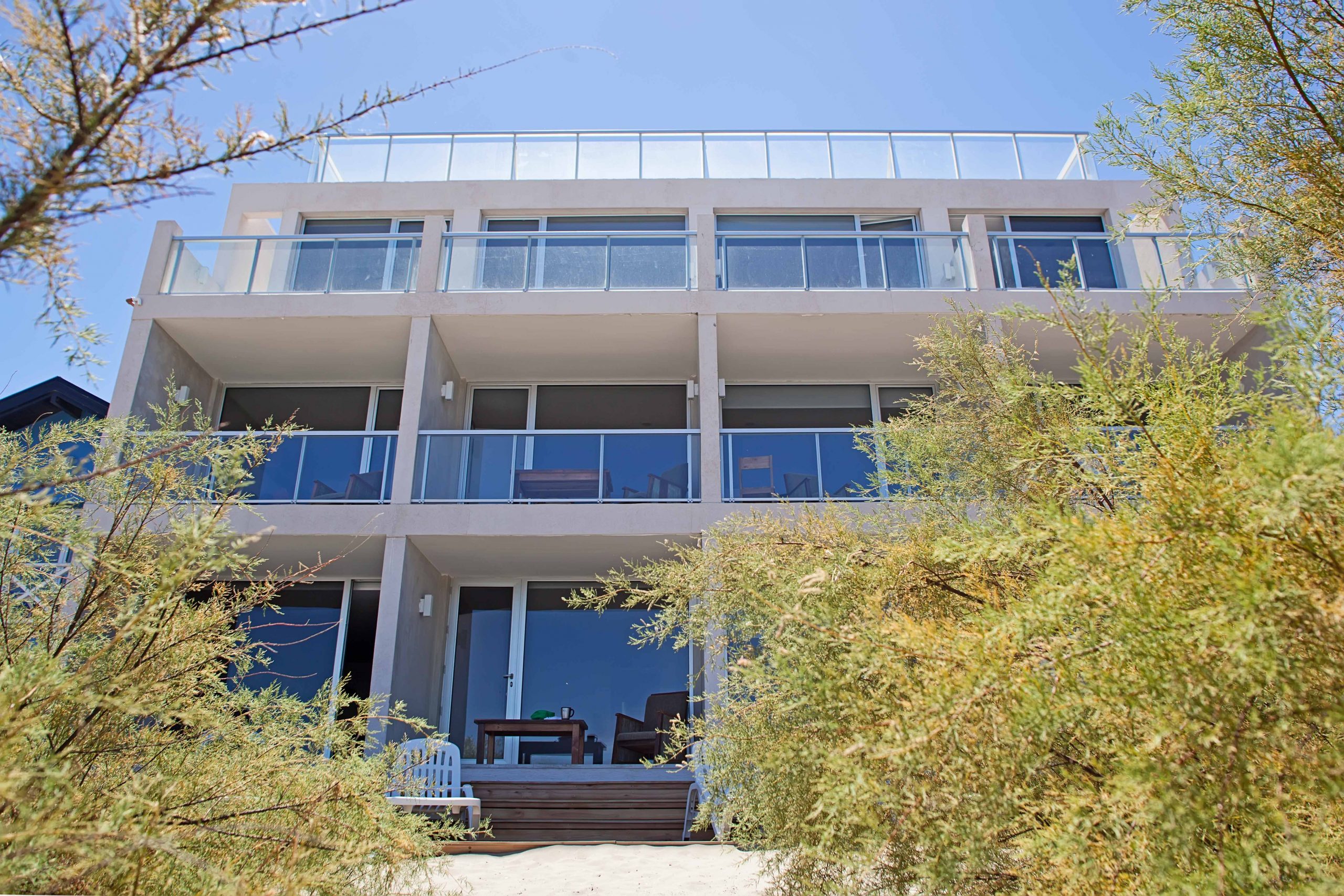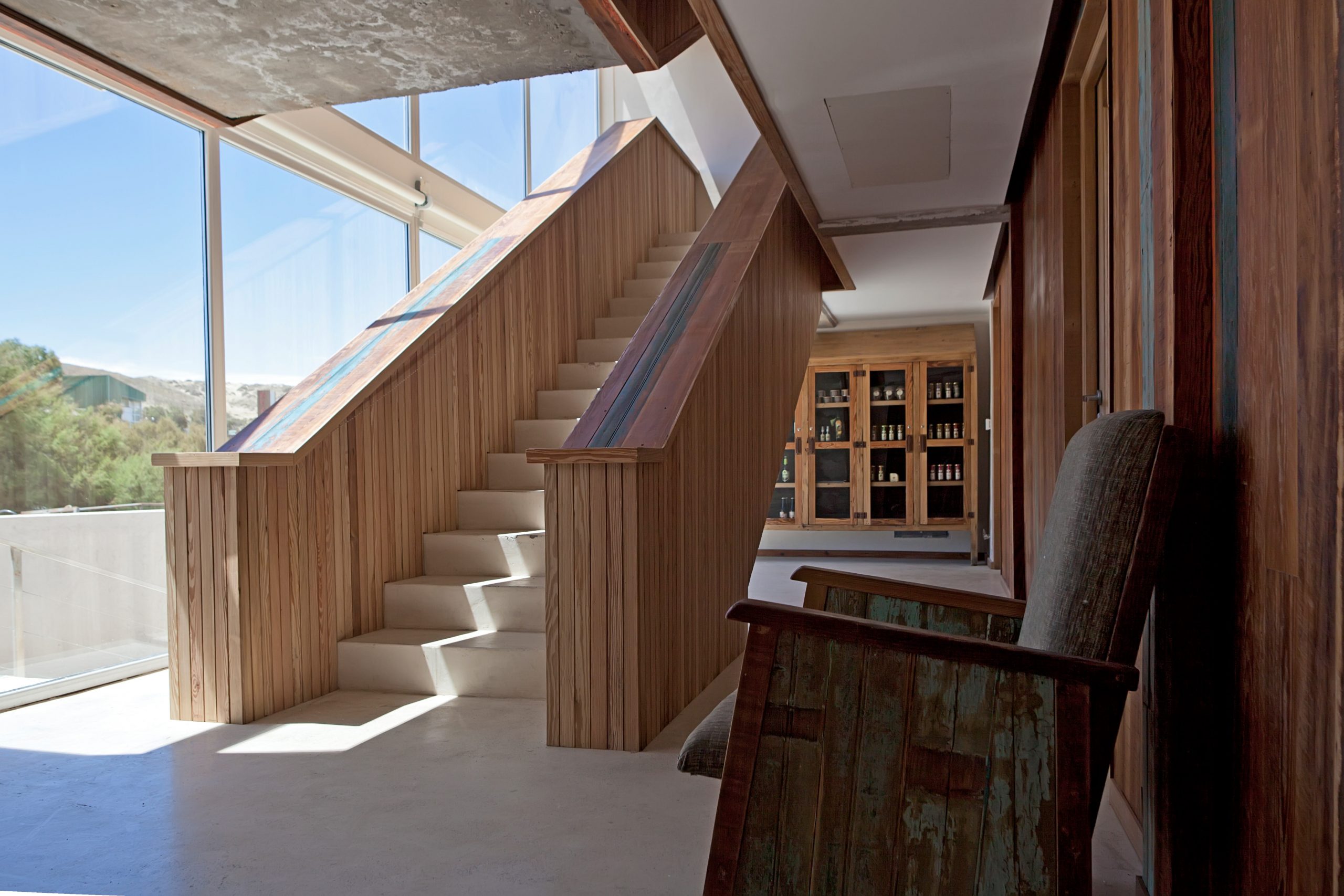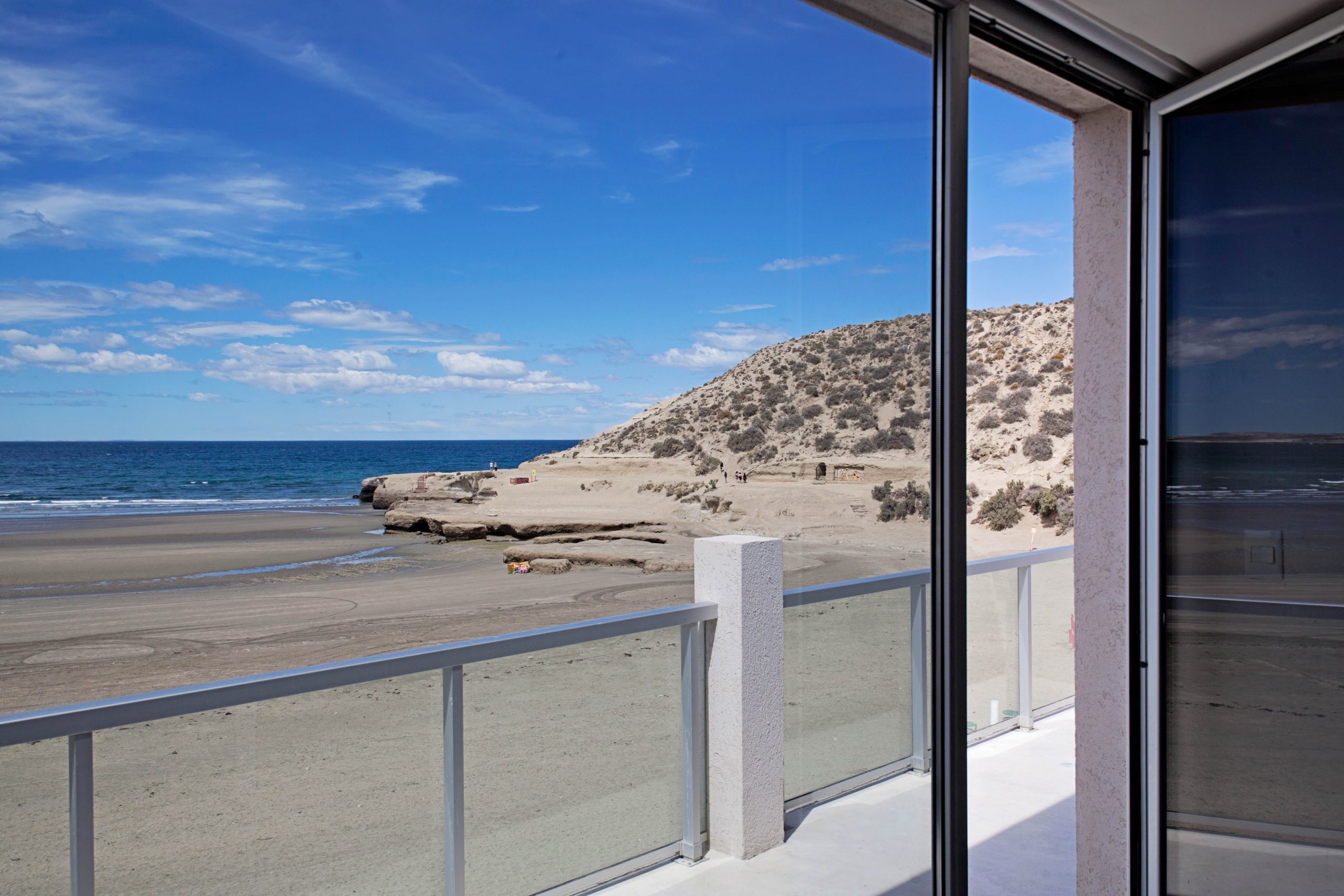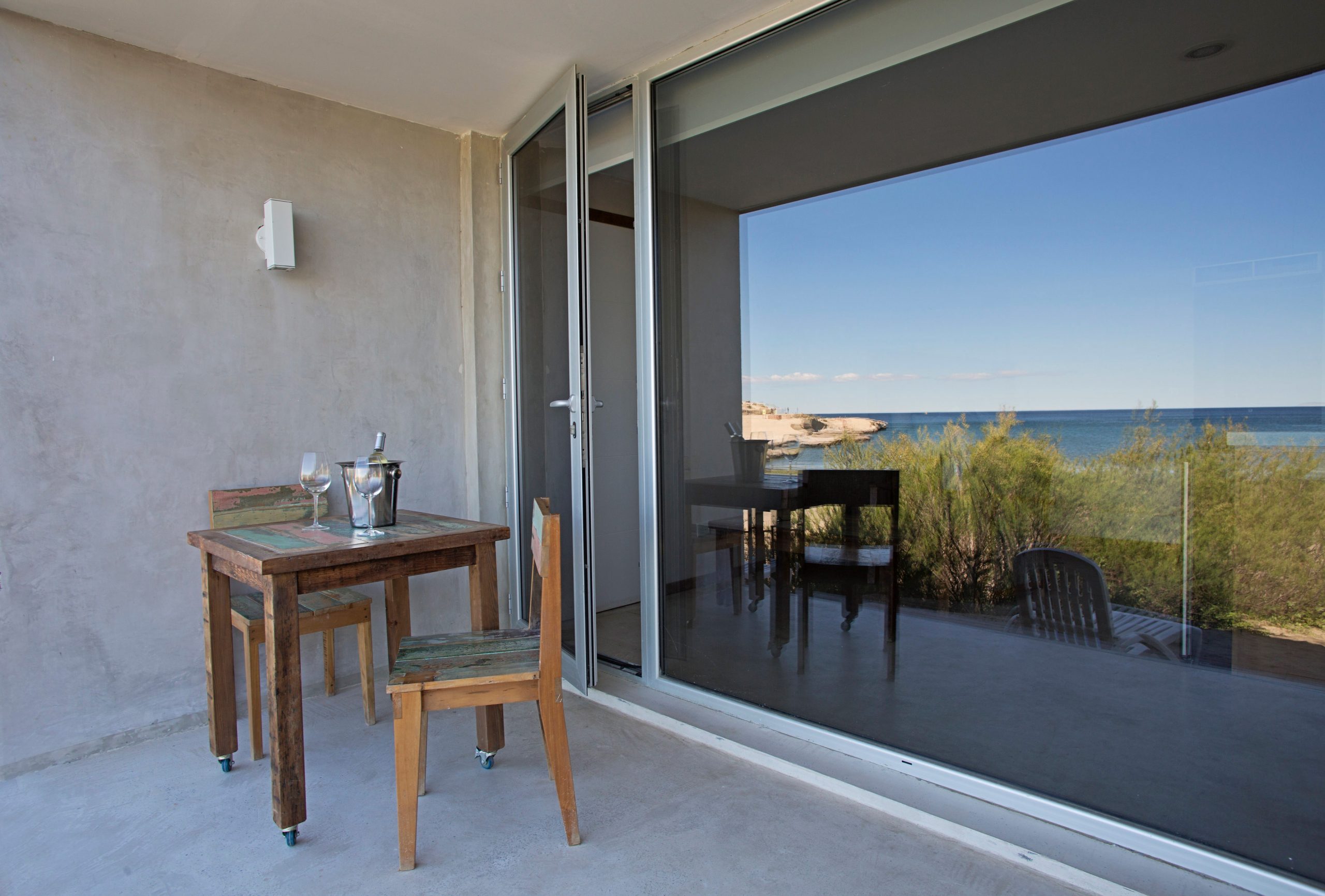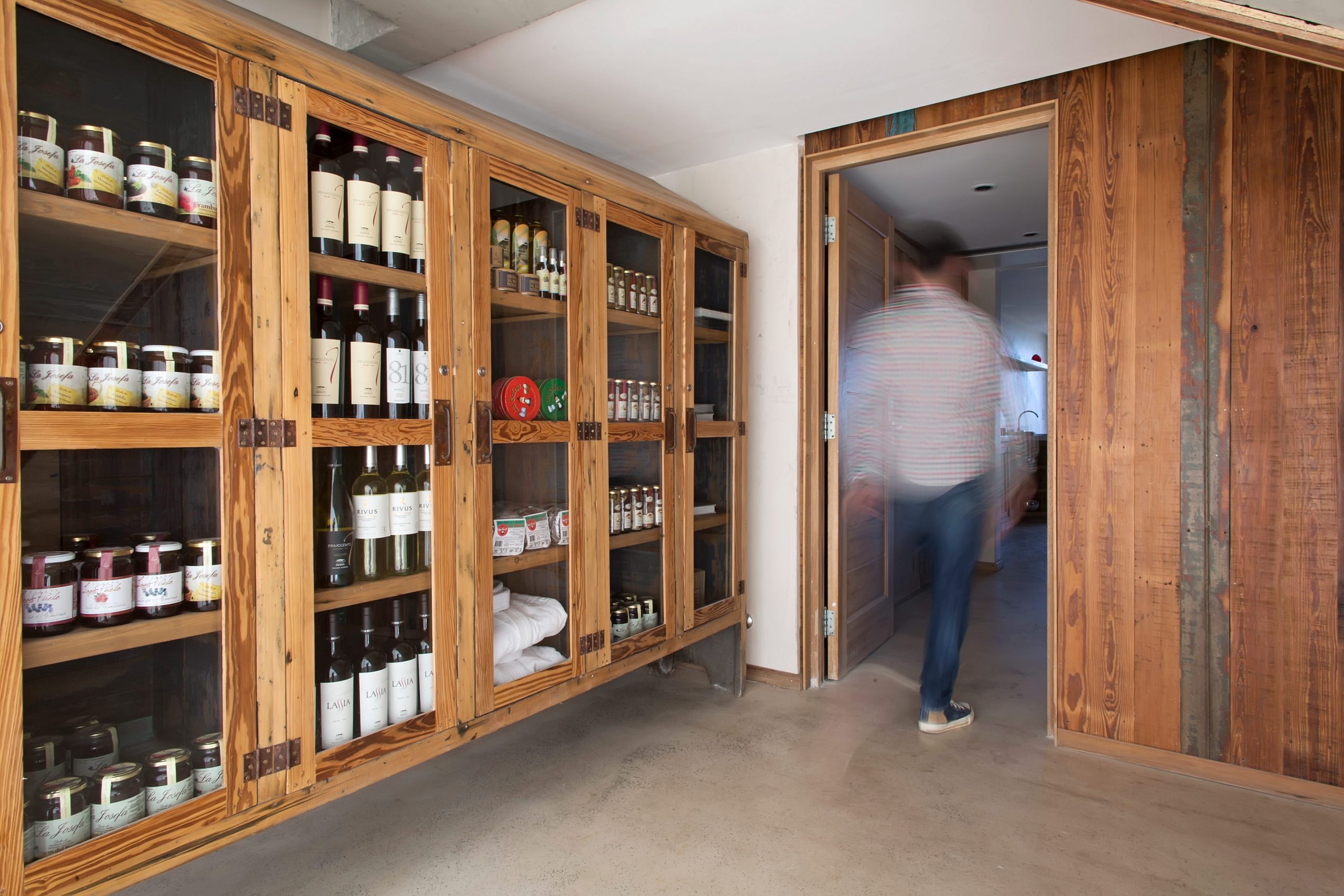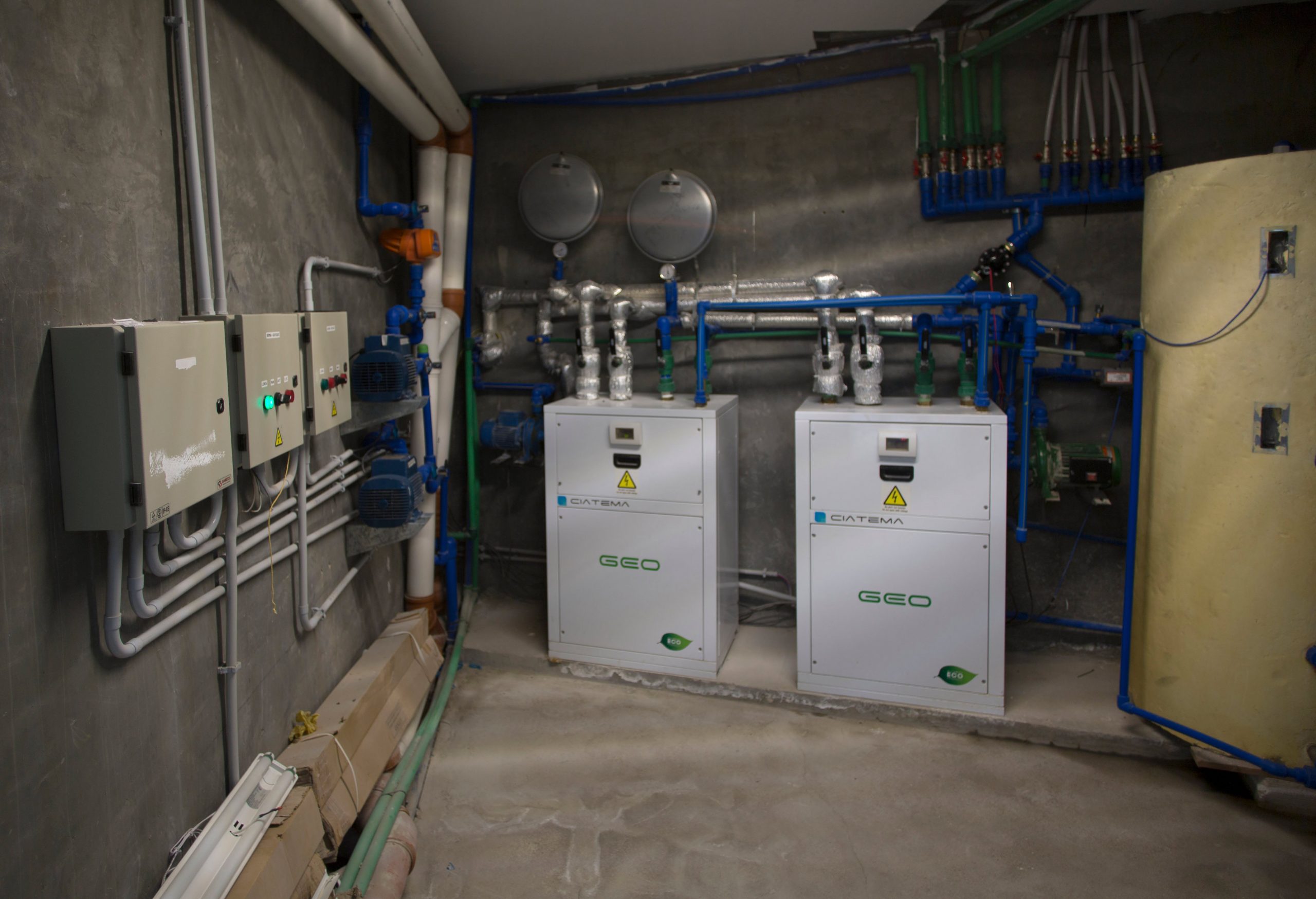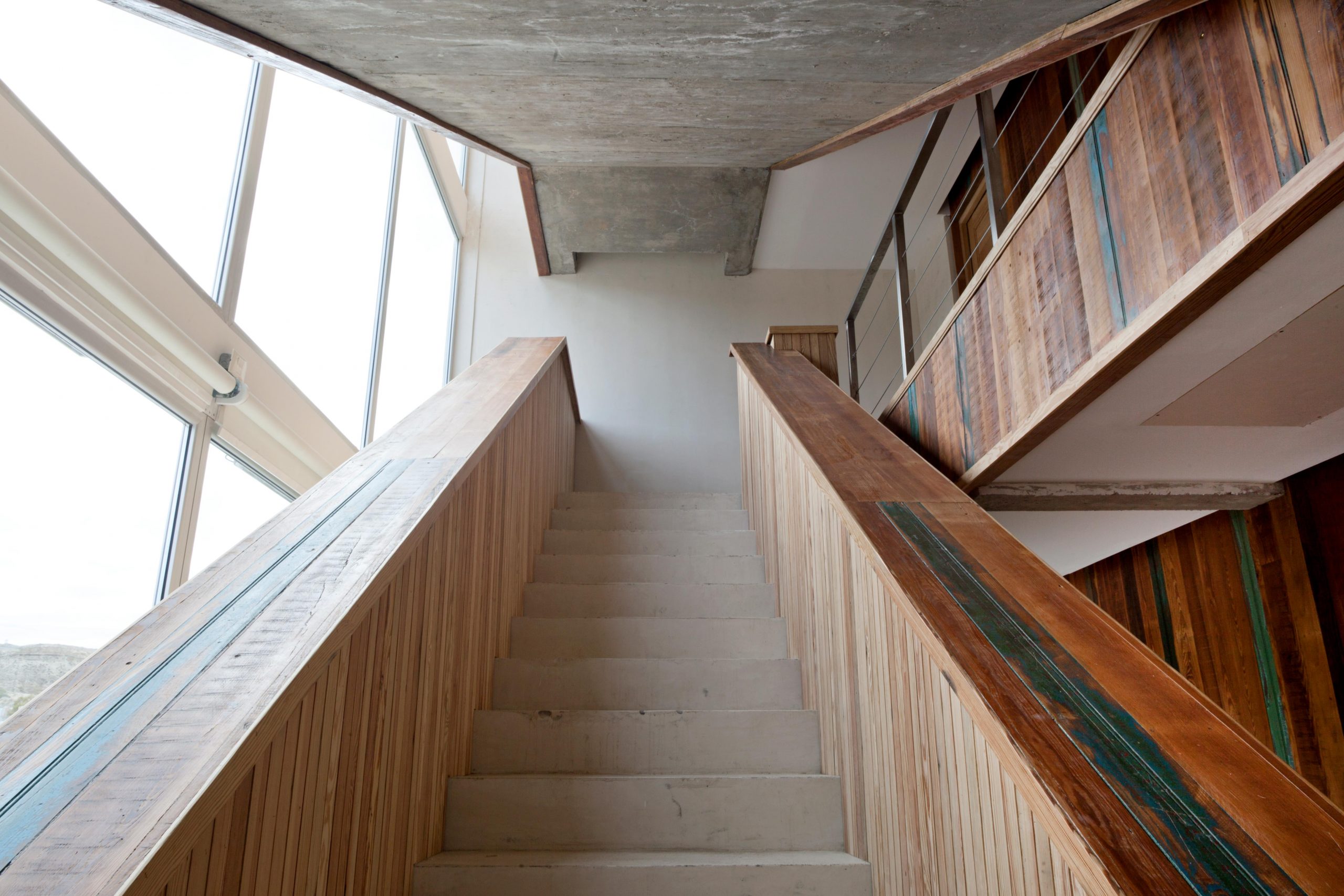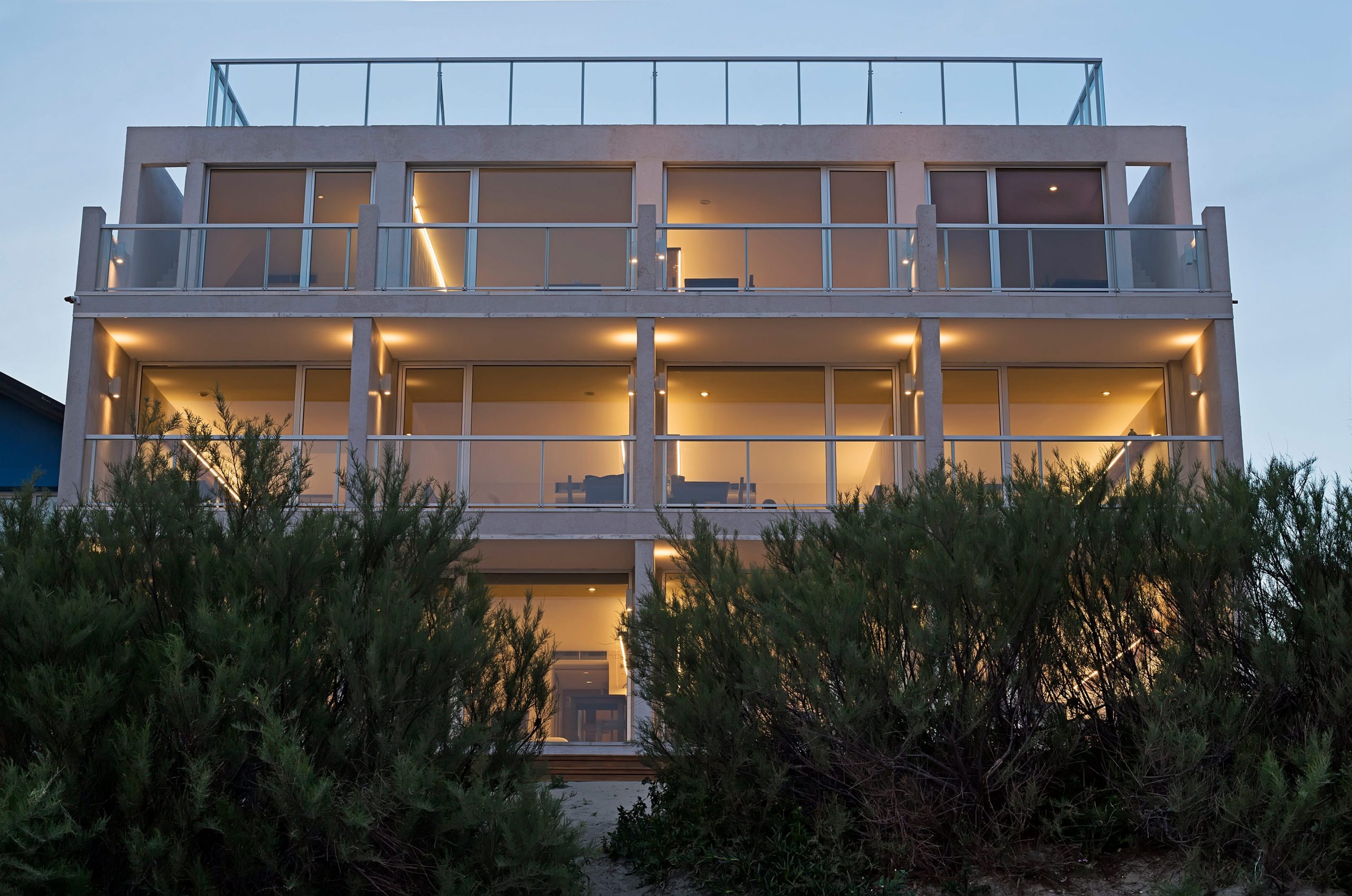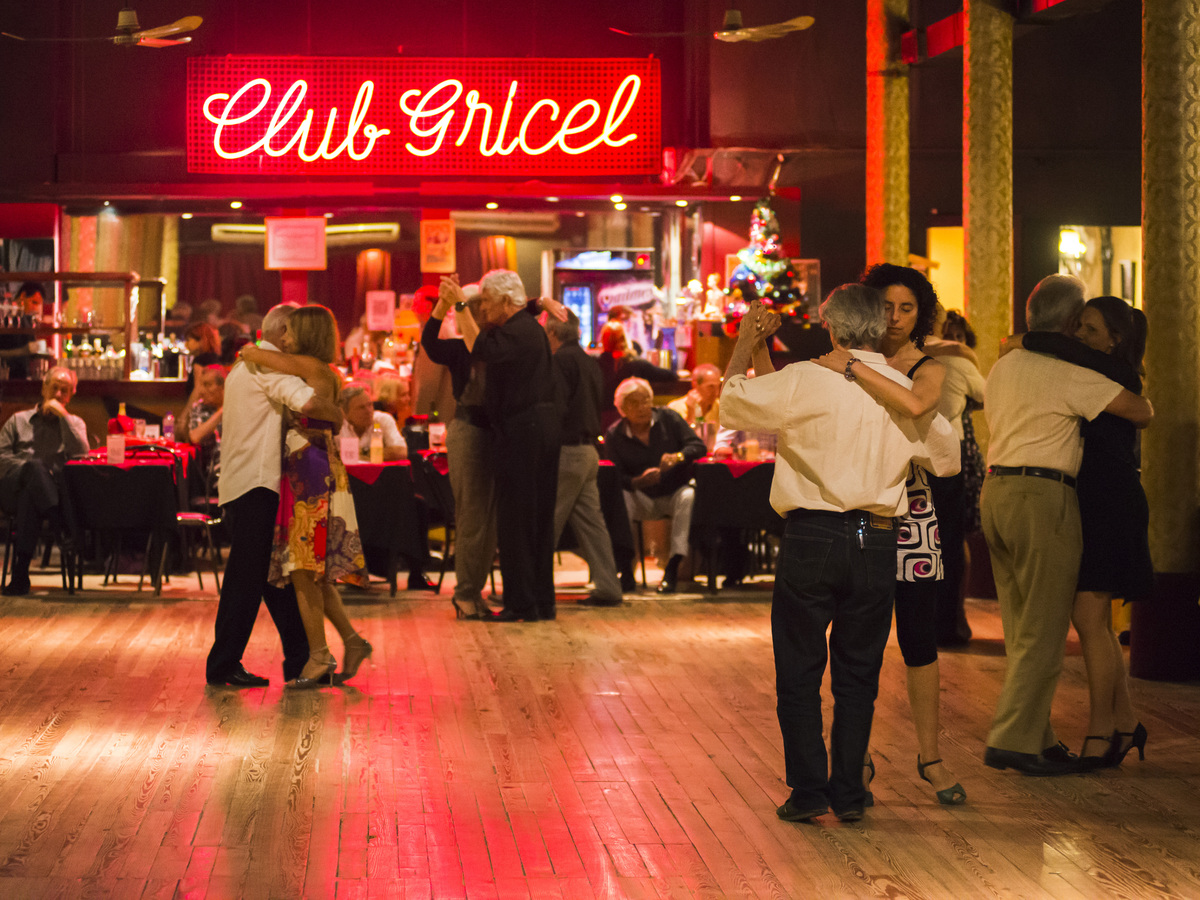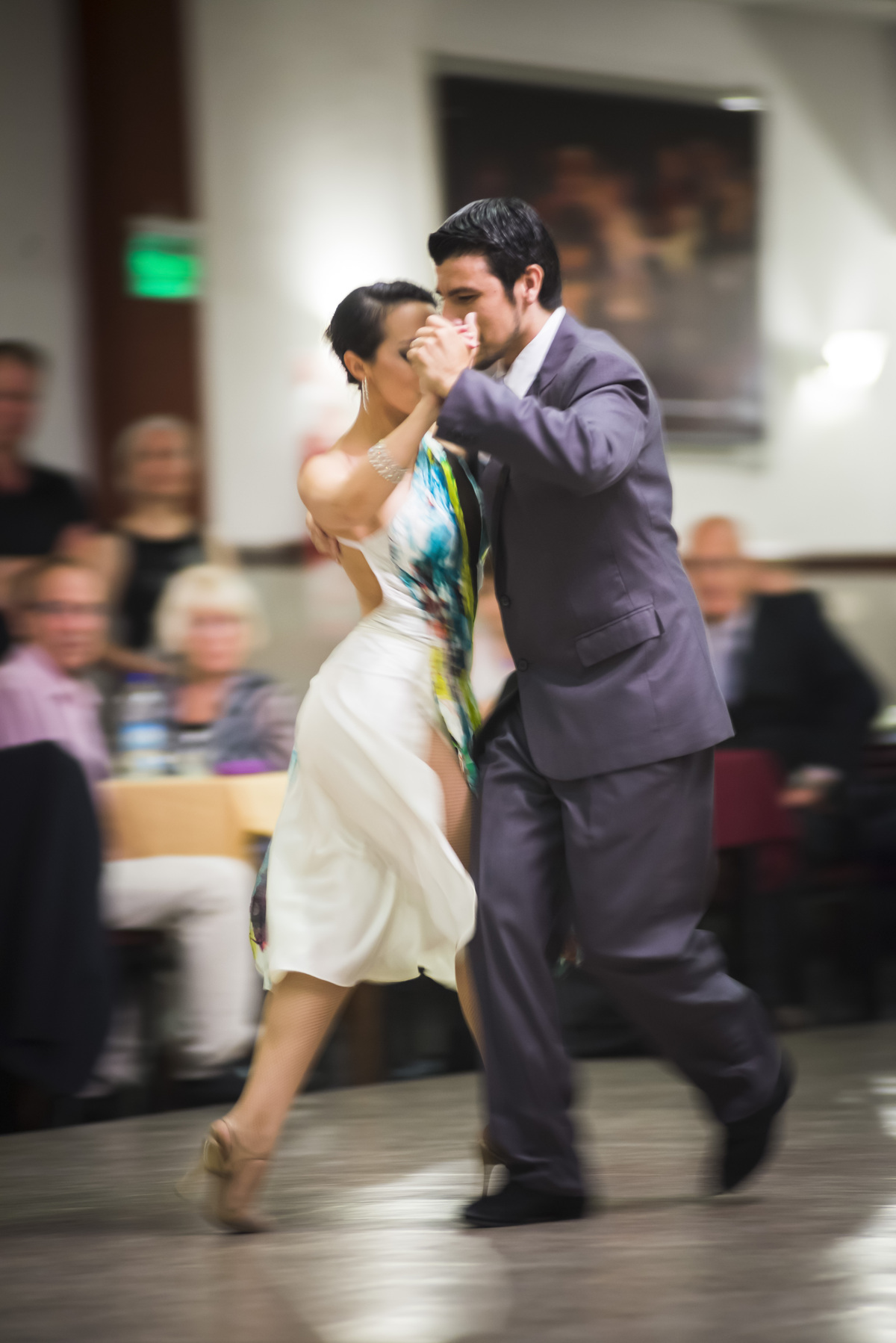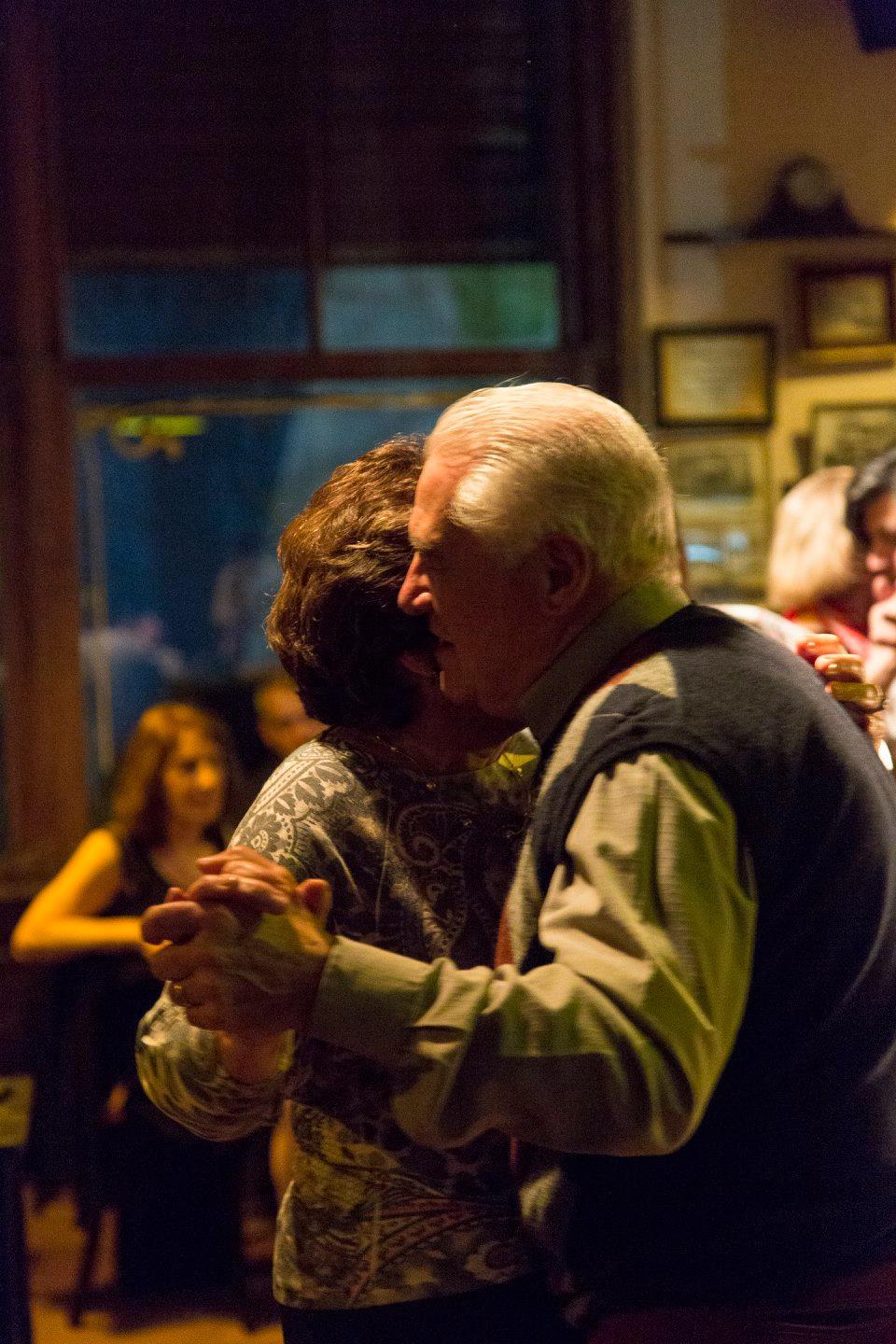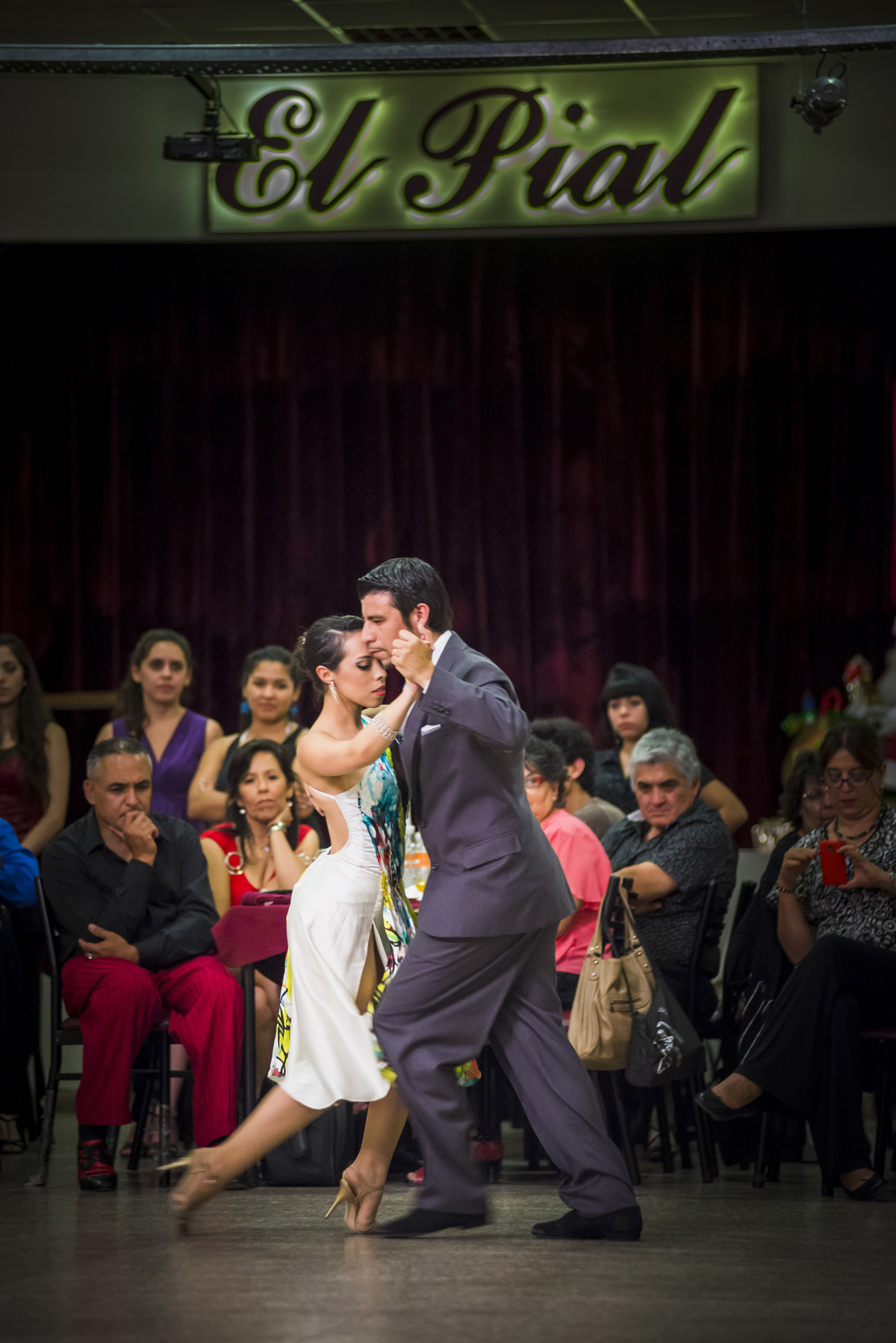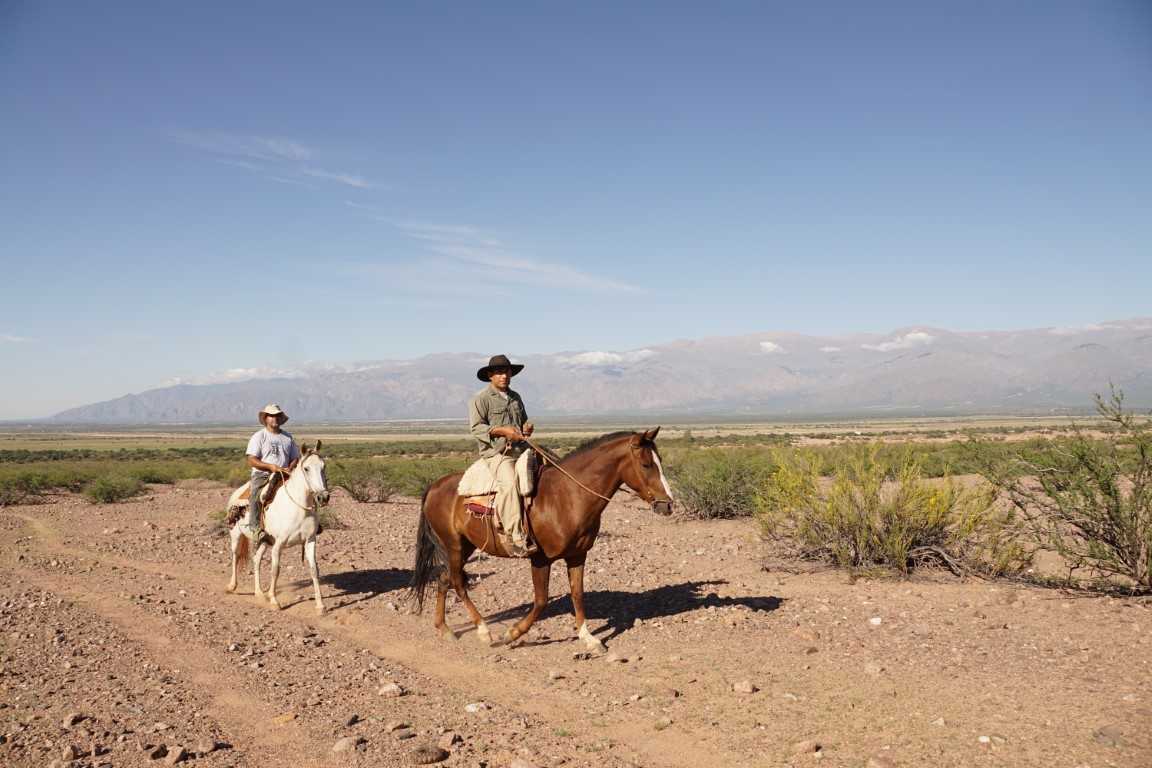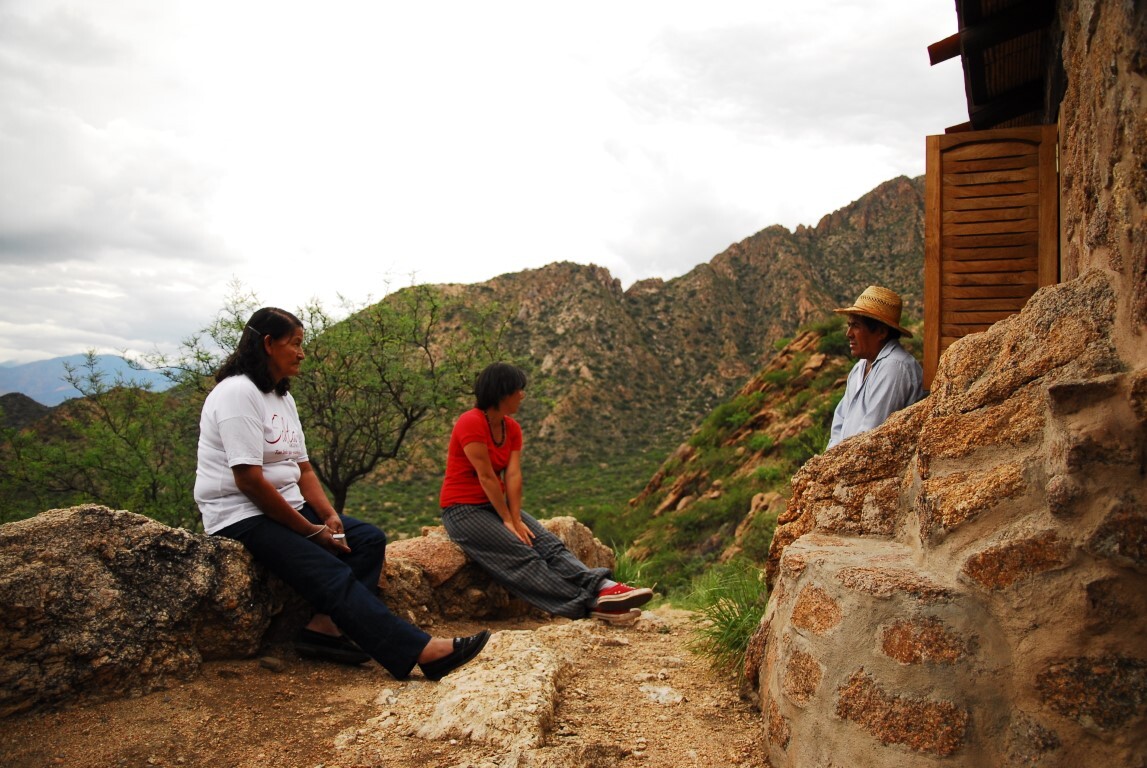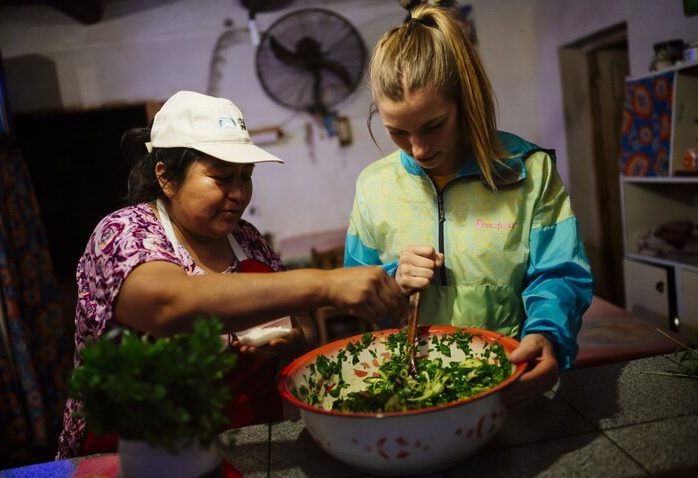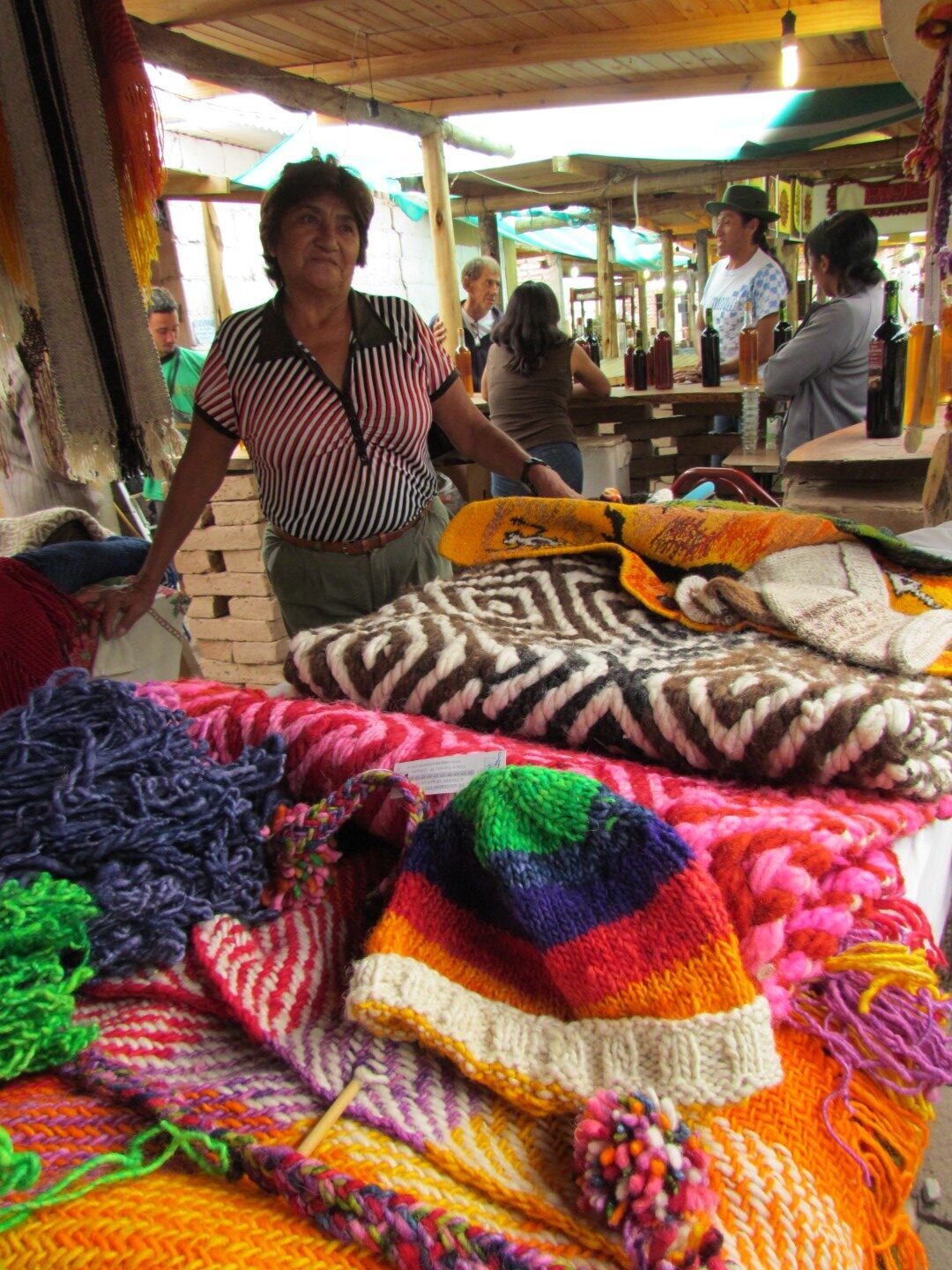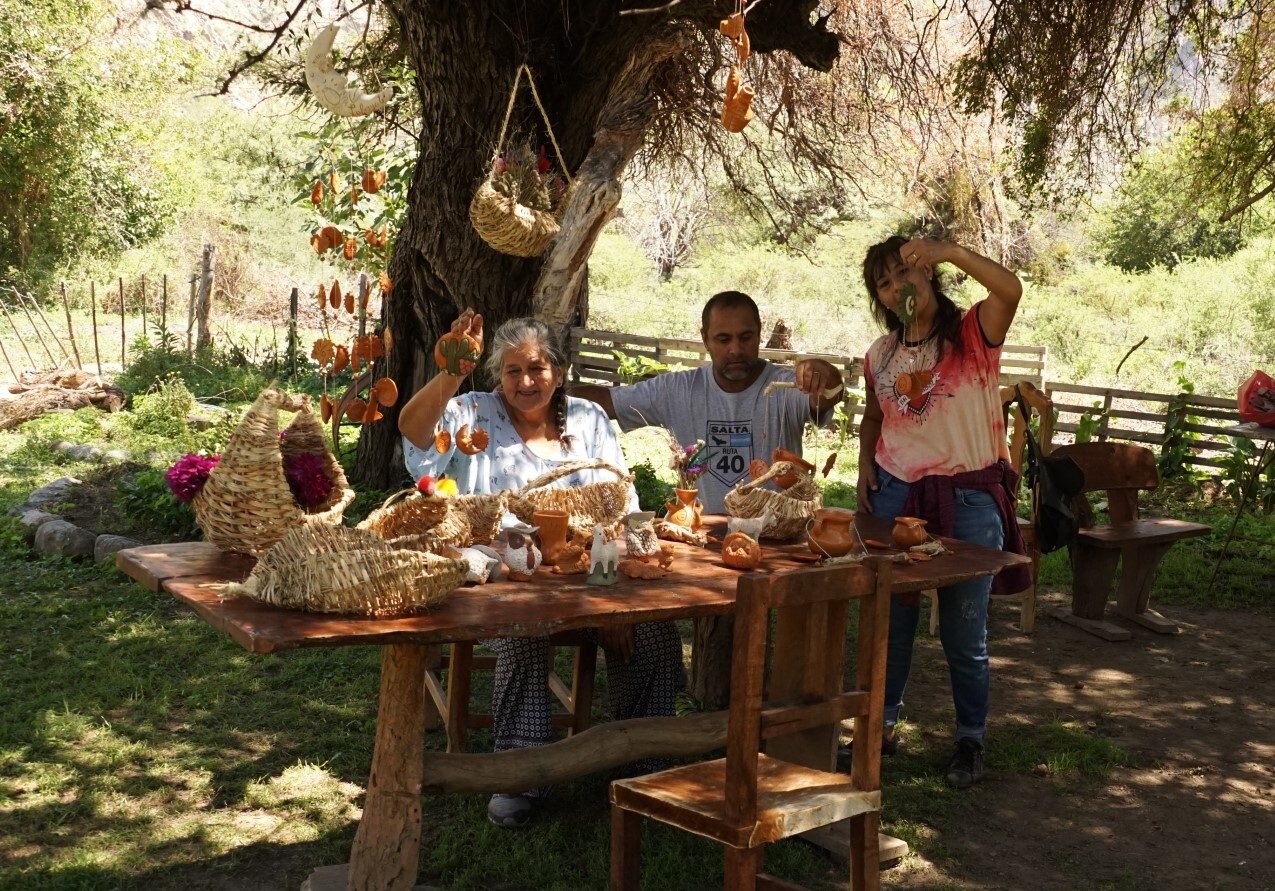Every time we want to design itineraries for travelers who love to be surrounded by nature and at the same time learn about conservation, we can think about many places in Argentina. Argentina is blessed with a great diversity of Natural Environments, where different projects of conservation are arising. One of them is Rewilding Experience Argentina. Rincon del Socorro, Estancia Ibera and Posada Uguay are the jewels of this conservation trust and we are very happy to promote them between our clients.
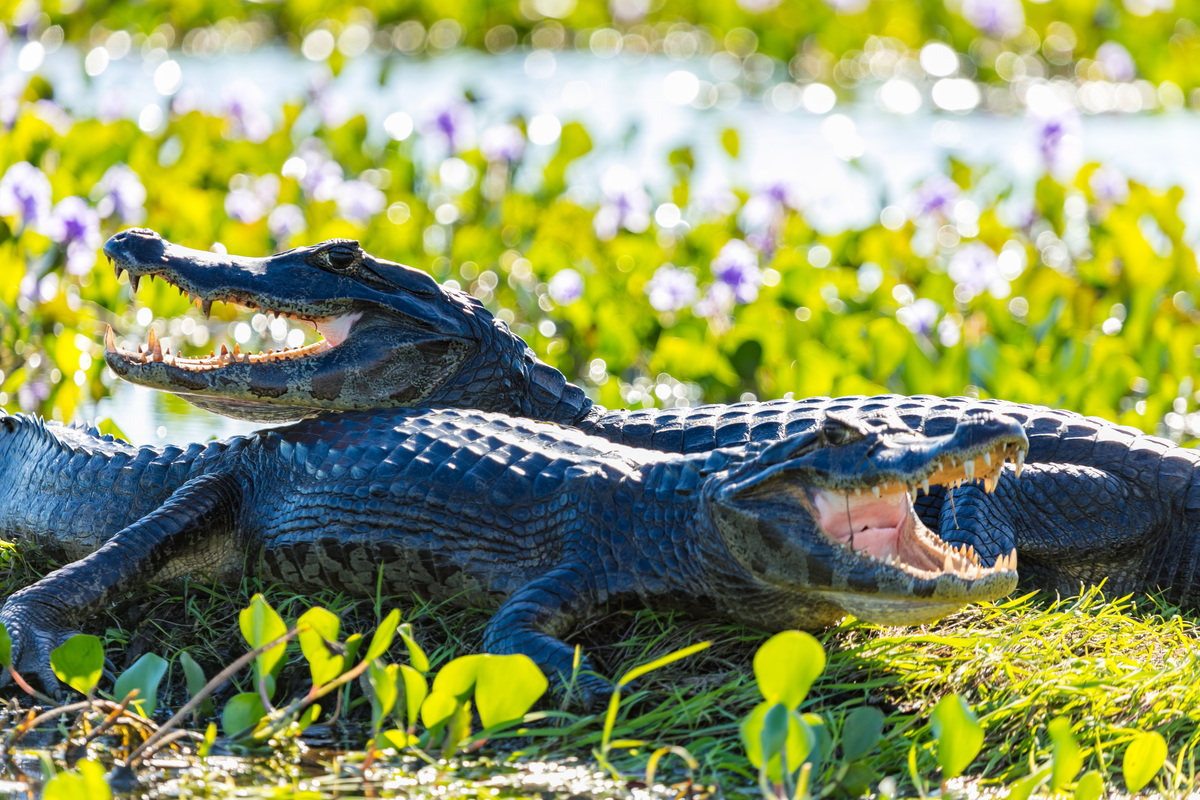
“Rewilding means the mass restoration of damaged ecosystems. It involves letting trees return to places that have been denuded, allowing parts of the seabed to recover from trawling and dredging, permitting rivers to flow freely again. Above all, it means bringing back missing species.”George Monbiot
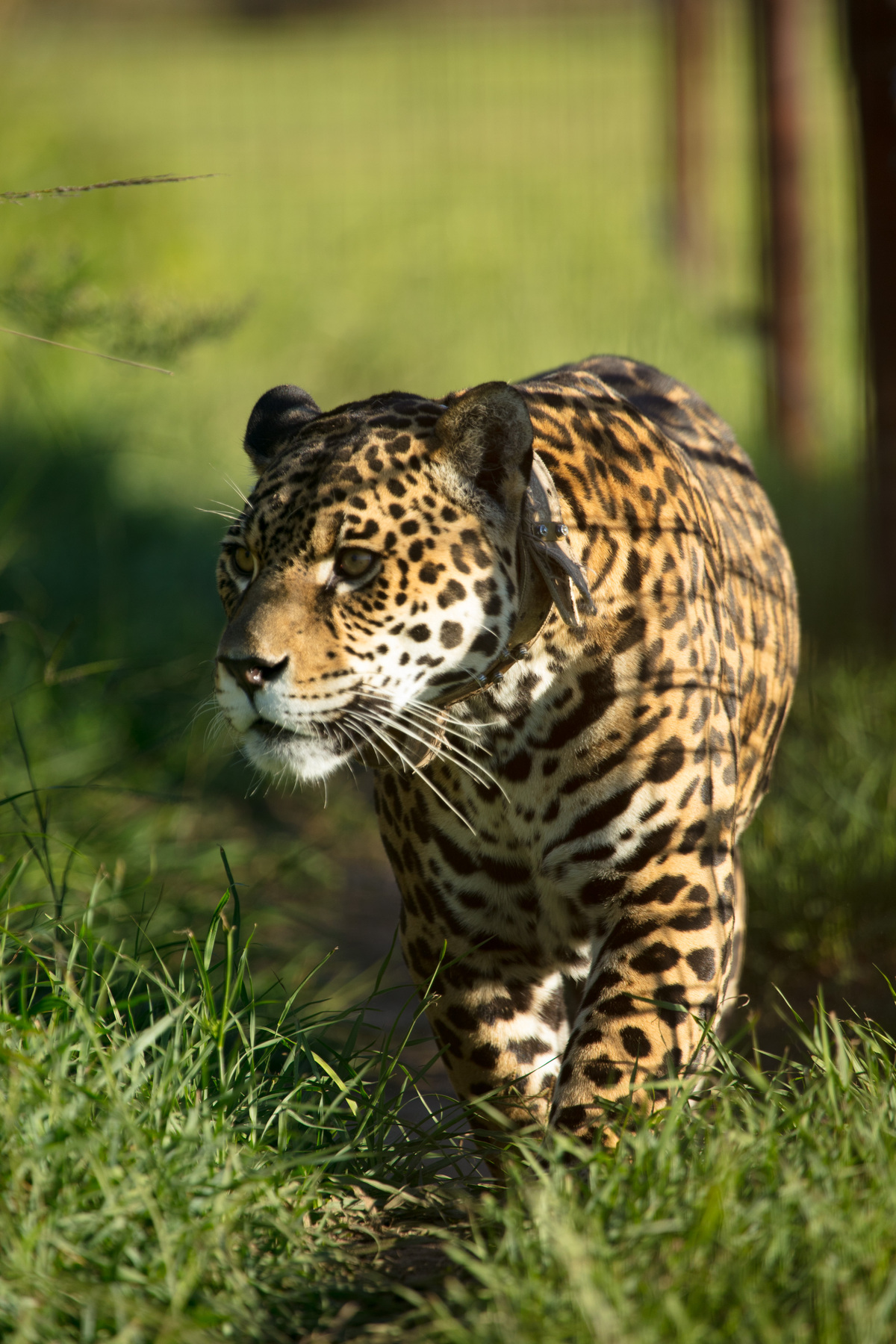
Rewilding looks to recuperate the unique properties of ecosystems through the active management of its environments and native species, by accelerating the natural process of restoration, and even by reversing the extinction of key species. The objective of all their programs is to completely restore the ecosystems in protected areas located in the eco-regions of the Gran Chaco, the Patagonia steppe, the Sub-antarctic forest, the coast, the Paraná forest and the Yungas. They have a team of highly skilled and motivated people who have a wealth of experience acquired over more than fifteen years of continuous work in Argentina. Their restoration and conservation actions include the translocation of individual wild animals with the goal of reintroducing or supplementing the population of native species, managing grasslands through prescribed burns, the enrichment of degraded forests, removal of fences and the closing of unnecessary roads, control of exotic species and the removal of domestic livestock. Jaguars and pumas are the top large predators in Argentina, and both species have been persecuted by man. At Rewilding Argentina, they favor the recovery and conservation of both, while they understand that coexistence with humans depends on the development of alternative economies, like wildlife-viewing, as well as active management according to regional needs.
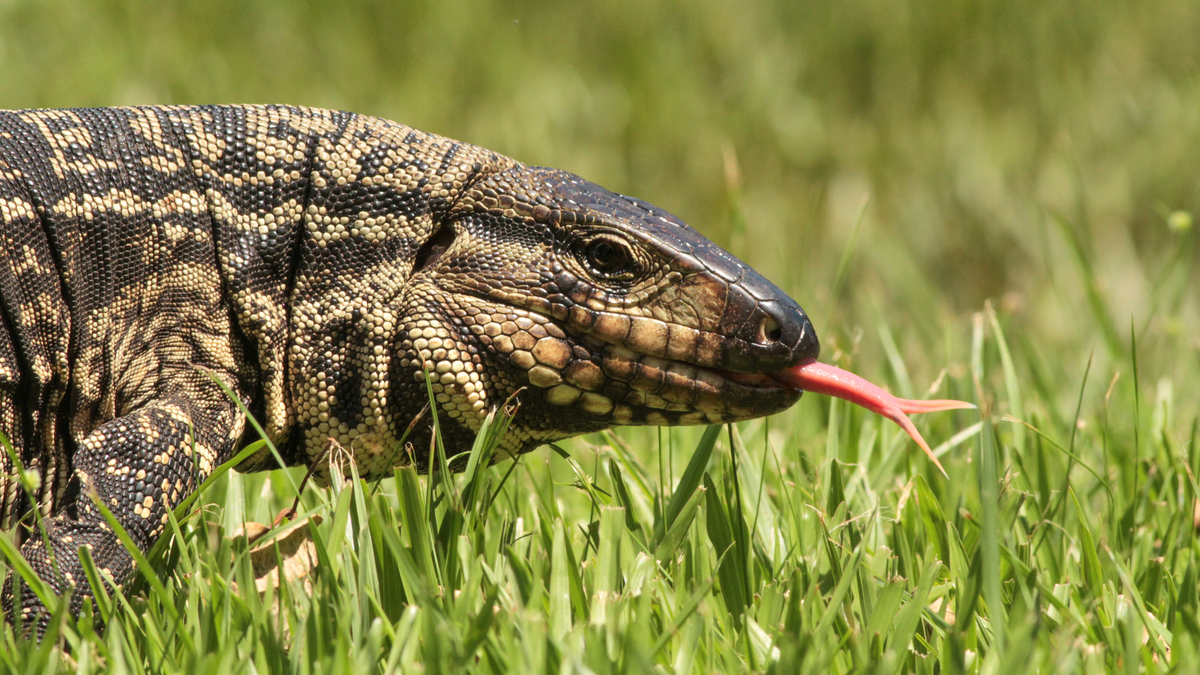
Kallpa understands that through travel we are able to connect people with fragile natural areas and local communities, protecting nature and encouraging local crafts & customs. Responsible tourism can create & sustain local economies, ensuring the protection ofulture and avoiding the extinction of native species.


